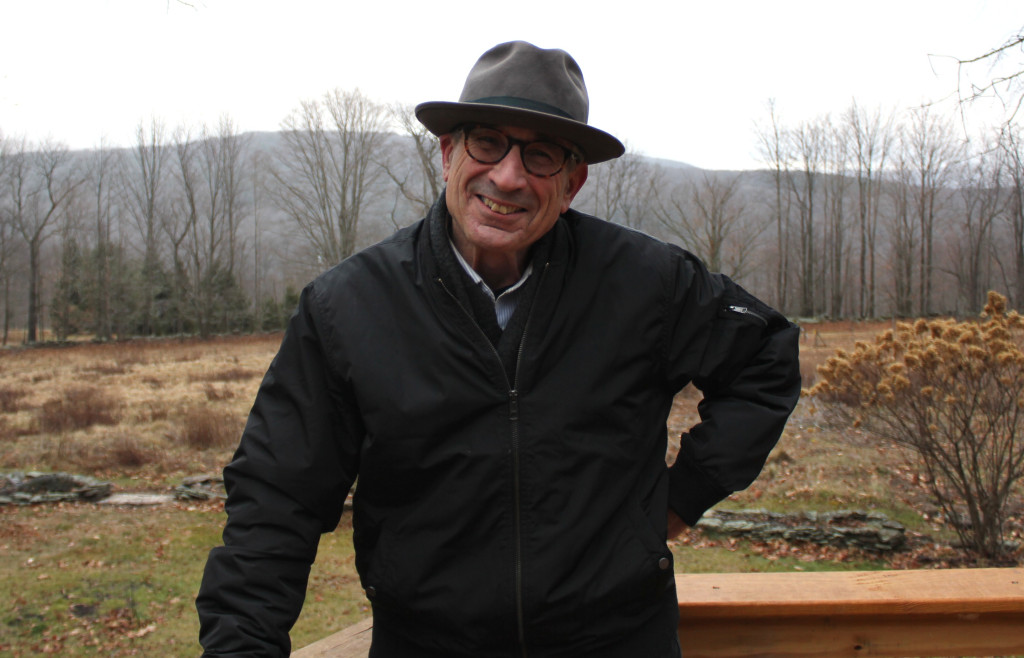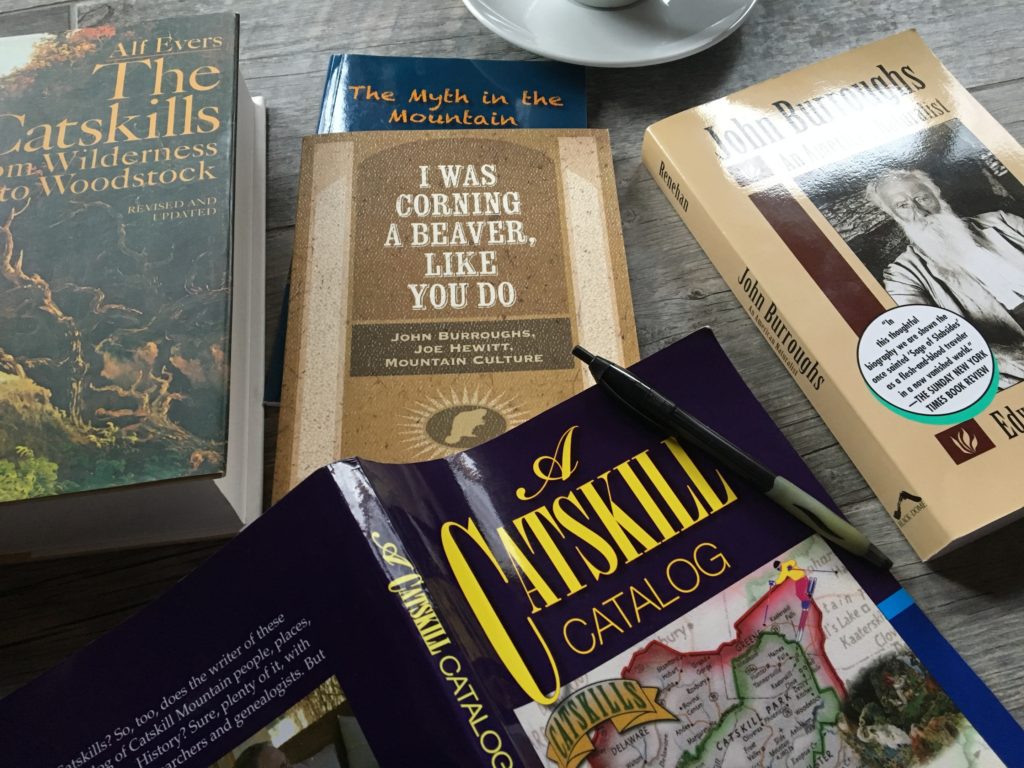
© J.N. Urbanski
JN: How long have you lived in the Catskills?
BB: 44 years, I came here in August of 1971.
What brought you here?
Funny story, actually. I went to Union college in Schenectady New York and became fast friends with a fella who grew up and lived in Margaretville. He used to get the Catskill Mountain News and in those days, much of it was a local and personal column where local correspondents would call people in the community and find out just the social notes. So we sophisticated suburban kids, as I was, we would all be chuckling and having fun, “oh look, Mabel Smith had chicken dinner with so and so”, etc. So he’s telling me a story one day. We’re sophomores in college and I knew that his father was a physician, a doctor. He was telling me about an automobile accident. He said his father is best friends with a truck driver and I said, “what? Stop. What? Your father’s a doctor and his best friend is a truck driver? I’ve got to see this place”.
That was really the beginning of my fascination with the Catskills and the Margaretville area. I grew up in the suburbs of Westchester County in post-World War II prosperity years – the Eisenhower years – really before the world kind of changed in the 1960s. I grew up in the high suburbs in New Rochelle, New York. My father died when I was seven years old. My brothers were ten and eleven and my mother was a widow who had paid off the house. So we grew up in this prosperous, upscale kind of thing. She went back to work as a secretary in a school district, making $7,000 a year, raising three kids on her own, in a world where everything is kind of rarified. It was a big suburban Tudor house. It kind of gives you an outsider’s observational point of view because you’re in the middle of a whole way of life, but you don’t feel like you’re really part of it. For one thing – and this wouldn’t be true for younger people today – but I was the only kid in the class who didn’t have a father. There was no divorce. So I had that outsider perspective.
Continue reading →
Like this:
Like Loading...

